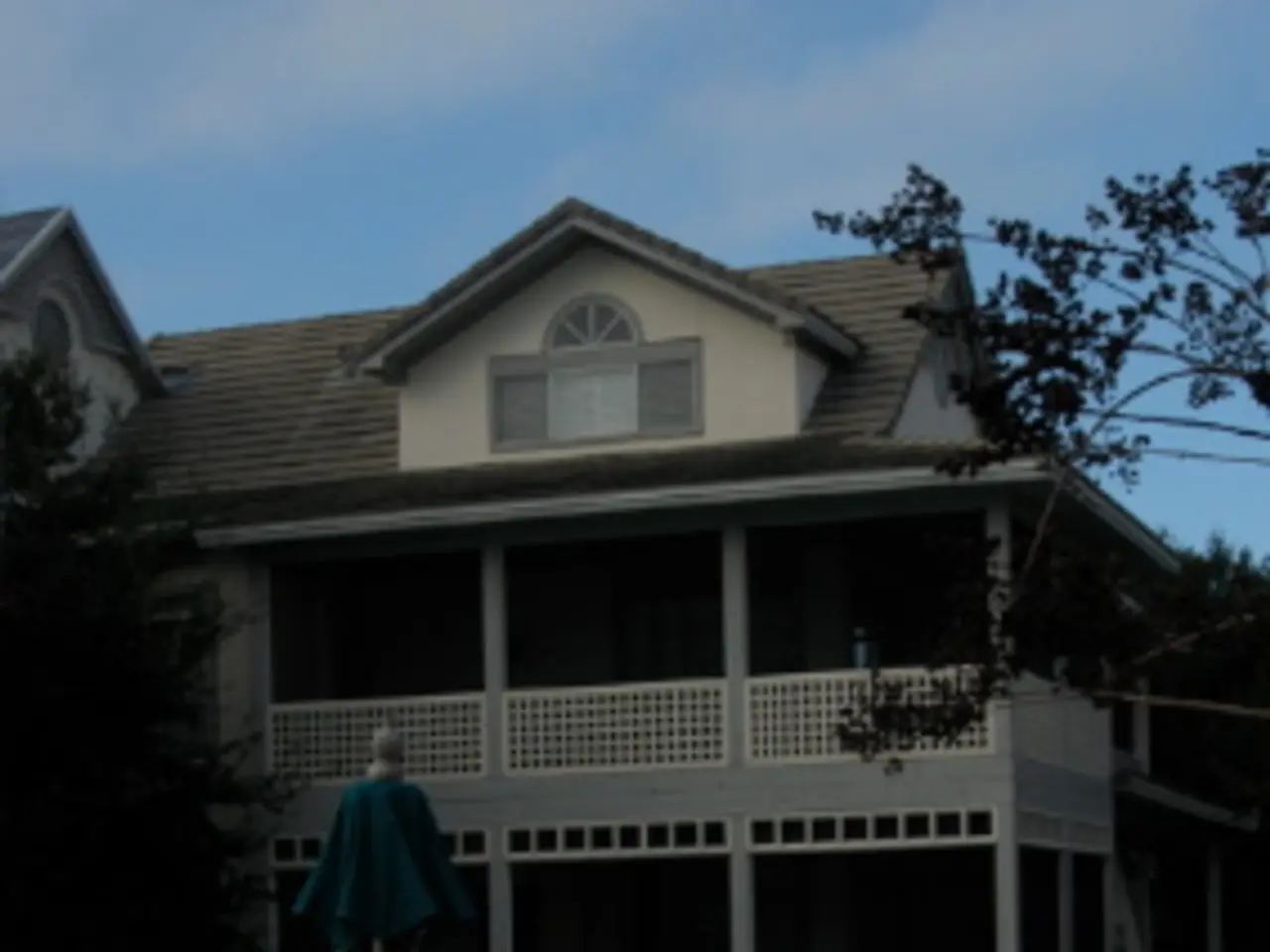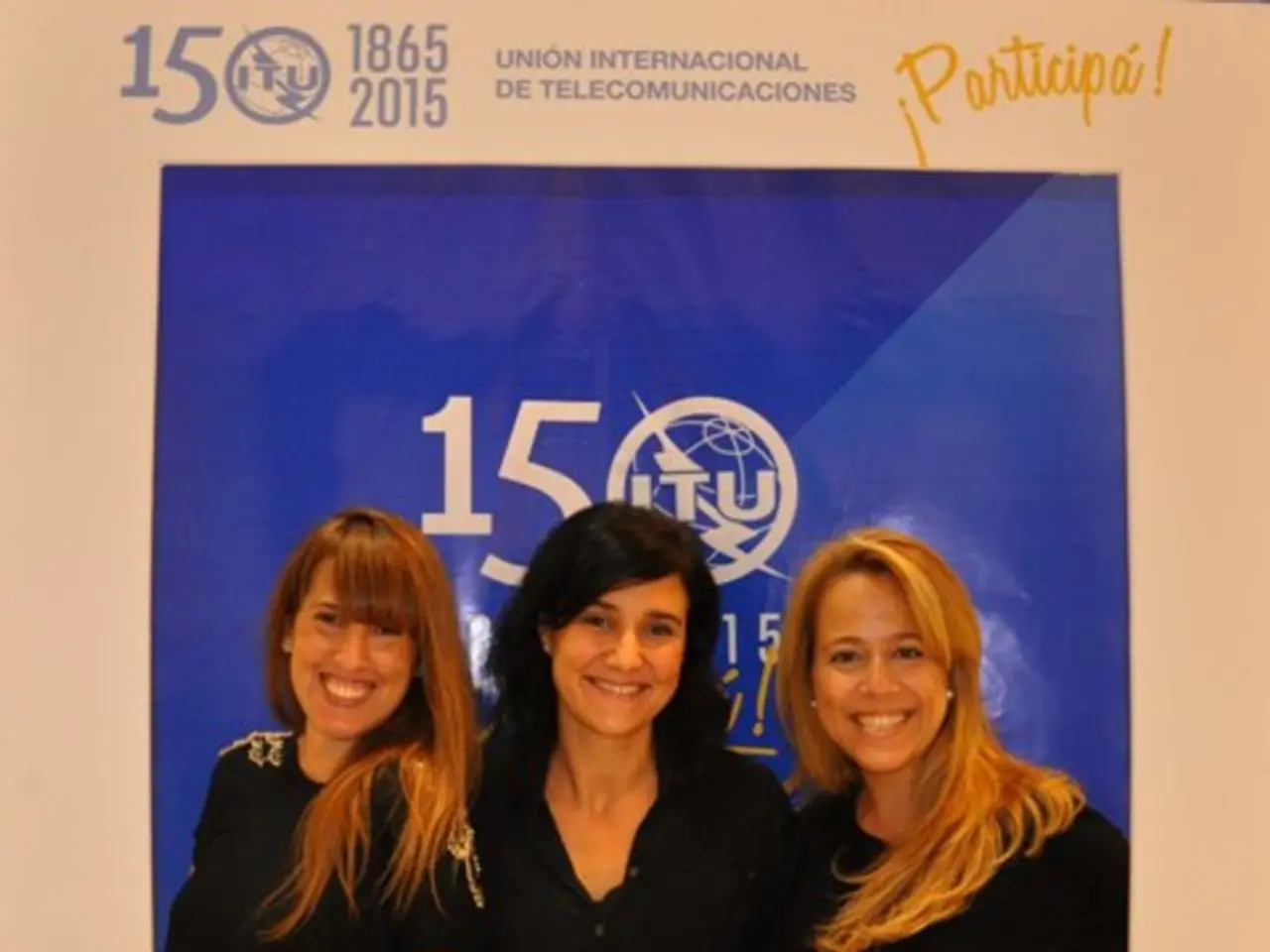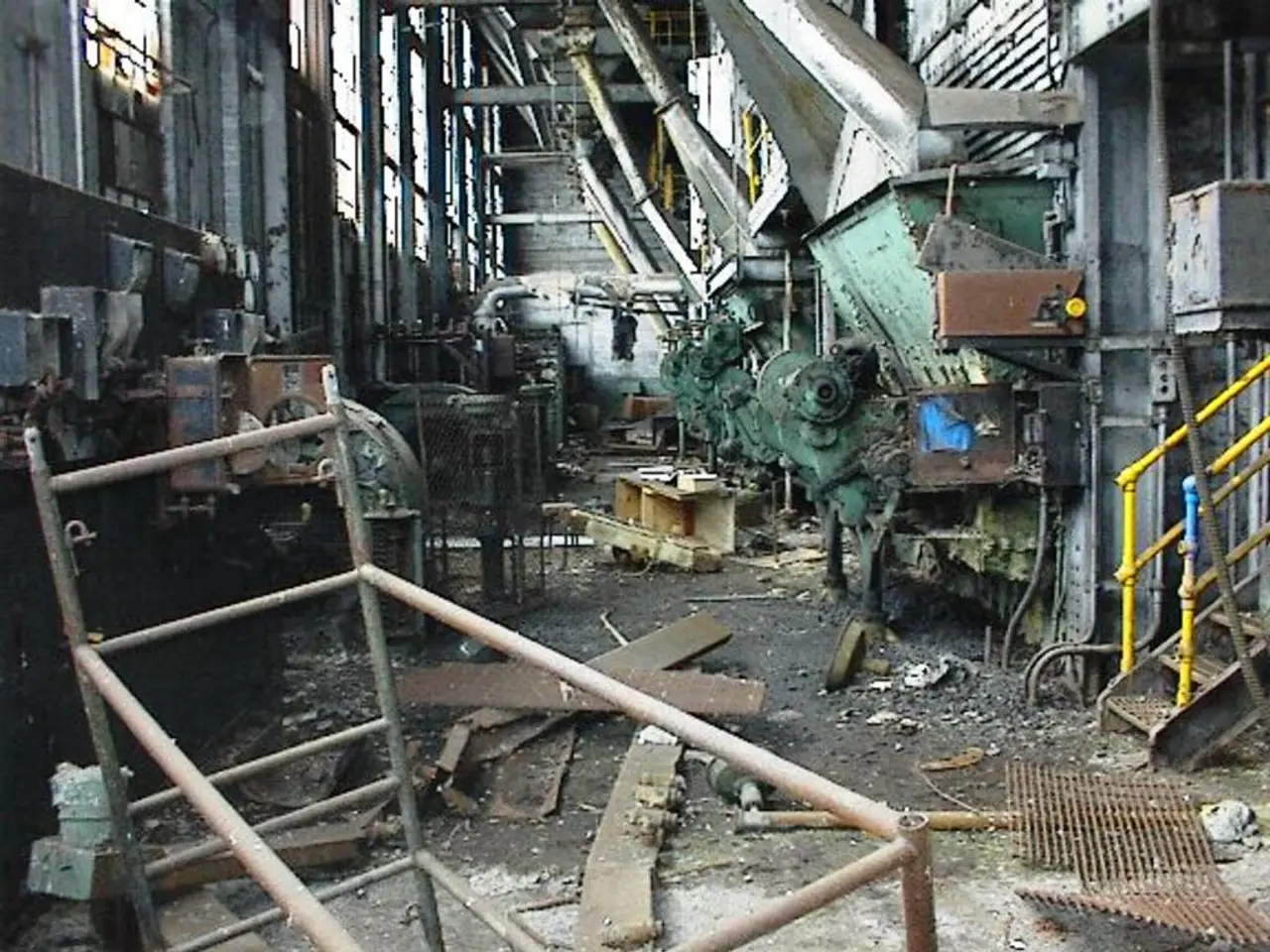Economy's strength continues to depend on foreign trade
Rhineland-Palatinate, a German state known for its strong economic and cultural connections to the world, is demonstrating a clear strategic commitment to free trade, partnership, and ensuring fair competitive conditions in the context of a globalized economy.
Last week, the 2025 Summer Evening of Foreign Trade was held on the Laubenheimer Heights, attended by around 200 representatives from various sectors. Economy Minister Daniela Schmitt spoke at the event, emphasizing the state's openness, pragmatism, and partnership-based cooperation in economic policy.
Schmitt reiterated Rhineland-Palatinate's stance as an "export country with an international profile" and highlighted the state's strong economic connections, particularly in the hydrogen mobility sector. The state supports pioneering projects and trade fairs, such as hy-fcell 2025, which focuses on heavy-duty mobility and hydrogen infrastructure.
One of the key initiatives is the cooperation in developing fuel cell technologies for trucks, in joint ventures such as Cellcentric, a collaboration between Daimler Truck and Volvo Group. These initiatives are co-funded by the federal government of Germany, Baden-Württemberg, and Rhineland-Palatinate, illustrating the state's strategic role in fostering international partnerships and technology exchange within a competitive market environment.
Schmitt also emphasized the need for commitments to free trade, partnership, and fair competitive conditions in a global context. She highlighted targeted support for the mid-market as a key strategy in Rhineland-Palatinate's economy, mentioning the presence of hidden champions in the mid-market and major settlements like Eli Lilly in Alzey.
The Minister also underscored Rhineland-Palatinate's approach to attracting investment successes not through billions in subsidies, but through location quality and reliability. She emphasized the state's desire to remain a reliable partner for international investments and global trade.
Rhineland-Palatinate's economic location is exceptionally well-represented on world markets, as evidenced by its high export quota and a stable trade balance. The state's close cooperation with various organizations, including the Association of Employers' Associations (LVU), industrial and trade chambers' associations, the Chamber of Crafts, the Investment and Structural Bank Rhineland-Palatinate, and economic representatives of the state, further strengthens its global connections.
In summary, Rhineland-Palatinate's strategic commitments in a globalized economy centre on fostering free trade through technological innovation and international collaboration, creating partnerships to advance competitive industries like hydrogen mobility, and ensuring fair conditions for companies to thrive internationally. These efforts contribute significantly to Germany’s robust export-oriented economy.
The Finance Ministry of Rhineland-Palatinate, a state with a strong business profile, is investing in pioneering projects and trade fairs, such as hy-fcell 2025, to strengthen its connections in the hydrogen mobility sector.
The Economy Minister, Daniela Schmitt, underscores the importance of commitments to free trade in a global context, pointing out Rhineland-Palatinate's strategic role in fostering international partnerships and technology exchange, which significantly contributes to Germany’s robust export-oriented economy.





